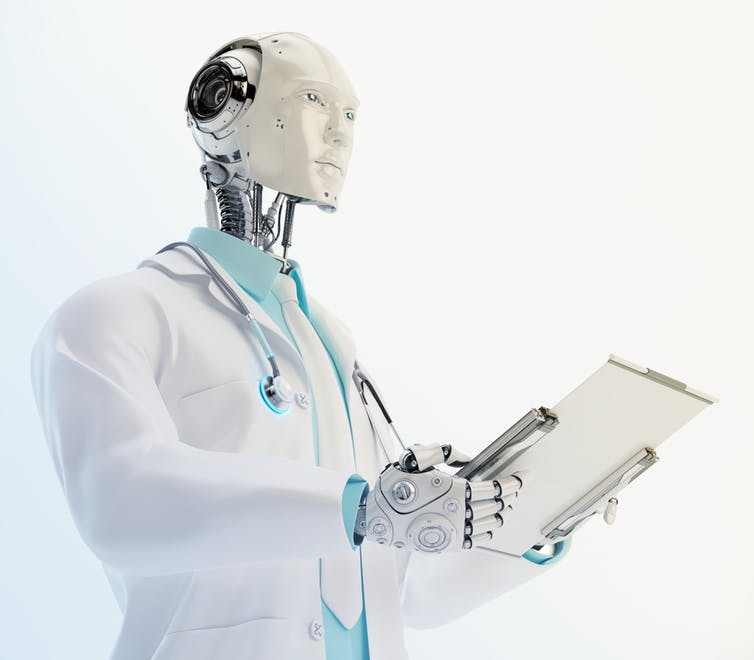PEOPLE DON'T TRUST AL AND HOW TO FIX IT
Artificial intelligence can already predict the future. The police use it to produce maps reflecting when and where there can be a crime. Doctors use it to predict when a patient may have a stroke or a heart attack. Scientists are even trying to give the imagination that he could foresee unexpected events.
Many decisions in our lives require good forecasts, and agents Artificial Intelligence almost always coped better with them than people. However, we all lacks confidence confidence in the forecasts, which gives AL. People are not used to rely on AI and prefer to trust the experts in people's faces, even if these experts are wrong.
If we want artificial intelligence beneficial to the people, we need to learn to trust him. For this we need to understand why people are so persistently refuse to trust AI.
The sensation of artificial intelligence, go deep into the nature of human beings. Recently, scientists conducted an experiment in which interviewed people who watched movies about artificial intelligence (fantastic), on the topic of automation in everyday life. It turned out that no matter were in the movie are depicted in a positive or negative way, merely watching a cinematic representation of our technological future polarizes the attitude of the participants. Optimists become even more optimistic, but the skeptics are closed even stronger.
EXIT FROM THE CRISIS OF CONFIDENCE IN AL
Fortunately, we have thoughts on how to deal with the mistrusty of AI. One only have experience with AI can significantly improve the attitude of people towards this technology. There is also evidence indicating that the more often you use certain technologies (e.g., Internet), the more you trust them.
The study showed that people who were given the opportunity to modify the algorithm to feel a greater satisfaction from the outcome of the AI, apparently because of feelings of superiority and influence on the future outcome.

We don't have to understand the complex inner workings of AI systems, but if you give people at least a little information and control over how these systems are implemented, they will have more confidence and desire to make the AI in everyday life.